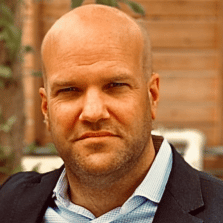
ATTENTION-DEFICIT HYPERACTIVITY DISORDER

Seeking treatment? Questions?
Get 24/7 confidential help now:
Or Receive A Call:
Last Medically Reviewed 15 November 2022
ATTENTION-DEFICIT
HYPERACTIVITY DISORDER
Attention-Deficit Hyperactivity Disorder (ADHD) is one of the most common mental illnesses in children and adolescents. Though it is more commonly seen in children and teenagers, it may also be diagnosed in adults. The symptoms of ADHD present differently in childhood compared to adulthood. Most people, including those without ADHD, occasionally exhibit some degree of inattentive behavior. On the other hand, inattention and impulsive conduct will always be more severe in people with ADHD.
Typically, the behavior happens more frequently and impairs the individual’s everyday functioning at home, school, job, and social situations. Untreated ADHD can impact daily life and can lead to a range of co occurring disorders. Often, adults with ADHD may go on to develop a substance use disorder as one of many unhealthy coping strategies.
ATTENTION-DEFICIT DISORDER VS
ATTENTION-DEFICIT HYPERACTIVITY DISORDER
There is a widespread misconception that if a person is not hyperactive, they cannot have ADHD. However, someone with ADHD or attention-deficit disorder (ADD) might be quiet, impulsive, or excessively busy.
ADD is a subtype of ADHD that does not entail excessive movement and fidgeting. However, the differences can be very subtle.
In the 1990s, medical practitioners decided that all kinds of attention-deficitdisorders should be referred to as attention-deficit hyperactivity disorder, regardless of whether the individual was hyperactive or not.
ADHD
SYMPTOMS
When an individual struggles to focus on a single activity, has trouble sitting still, or seldom completes things they begin, this may be an indication of ADHD. There are also external variables that might contribute to a loss of attention, such as the use of drugs, or hyperactivity caused by energy drinks, caffeine, or consuming an excess of sugar.
However, if symptoms interfere with everyday functioning, it is best to see a professional to determine whether they have ADHD. There are several symptoms of ADHD, but the severity of the symptoms varies according to which of the three forms of ADHD the individual may have.
THE DIFFERENT TYPES
OF ADHD
ADHD is classified into three distinct subtypes: inattention, hyperactive impulsive behavior, and a mix of the two.
INATTENTIVE
SUB-TYPES
Individuals with inattentive ADHD have trouble focusing on a single task or paying attention. They get distracted easily yet exhibit little impulsivity or hyperactivity. This is often unofficially referred to as attention-deficit disorder (ADD).
Children with this kind of ADHD may go undiagnosed due to their lack of disruptive behavior in class. They may seem withdrawn or shy and spend most of their time daydreaming.
These individuals may or may not exhibit substantial behavioral difficulties. However, their inability to pay attention and focus on tasks may cause significant challenges.
Some of the symptoms of inattention, as seen in ADHD, include:
• Being distracted easily, particularly by sounds and images
• Making careless mistakes, often due to rushing through things
• Being unable to complete tasks
• Little to no attention to detail
• Being unable to follow instructions or orders
HYPERACTIVE-IMPULSIVE
SUB-TYPES
Typically, children are diagnosed with hyperactive ADHD at a higher rate than adults. Children with this kind of ADHD exhibit hyperactivity and are continually moving or ‘busy.’
A person with hyperactive ADHD may have difficulty controlling their impulses. Generally, these people do not struggle with inattention. It is often easier to detect signs of this sort of ADHD since the child may have difficulty sitting still in class and controlling themselves.
Some symptoms of hyperactive-impulsive behaviors include:
• Fidgeting and constant movement
• Becoming restless when seated, being unable to stay seated
• Excessive talking
• Inability to read social cues – interrupting others, invading
personal space
• Running and jumping
• Restlessness – more commonly seen in adult ADHD patients
• Unrest (common among adults)
COMBINATION ADHD SUB-TYPES
If an individual is diagnosed with mixed type ADHD, their symptoms do not solely fit into the categories of inattention or hyperactiveimpulsive behaviors.
These individuals display symptoms from both groups. The majority of children are diagnosed with combination-type ADHD, even though hyperactivity is the most prevalent symptom in preschool-aged children.
ADHD
CAUSES
Although there is no established cause of ADHD, various factors have been associated with the illness. According to researchers, some of these factors include genetics, a chemical imbalance in the brain, inadequate nutrition, and brain damage. While sugar is thought to play a role, it does not cause ADHD.
While ADHD cannot be cured or even prevented, a tailored treatment plan will help the patient manage their symptoms more effectively if it is detected early enough.
ADULTS WITH
ADHD
Many adults who have ADHD are undiagnosed, and are unaware that they have the disorder. When a child is diagnosed with ADHD, the illness frequently persists into adulthood. At later ages, symptoms may present differently. Adult hyperactivity, for example, may manifest as intense restlessness, an incessant need to be busy, or a tendency to tire people out. They may also behave inappropriately in social situations.
Adult ADHD Symptoms:
• Lack of focus
• Fatigue
• Disorganization
• Impulsivity
• Fits of rage
• Poor self-image
• Substance abuse and addiction
• Social problems
• Lack of motivation
Adults with ADHD are often treated with medication, psychotherapy, or a combination of the two treatment approaches. Additionally,
behavior control measures and the involvement of close family members may be beneficial in helping the patient overcome the symptoms
of ADHD.
ADDICTION &
ADHD
Those suffering from mental illness or addiction need specialized treatment for both problems. This is called a co-occurring disorder. In many instances, treating people with ADHD and substance addiction involves using medication for the treatment of ADD or ADHD, as well as implementing evidence-based treatments such as cognitive behavioral therapy and group therapy. Teenagers and young adults with ADHD are more likely to binge drink. Additionally, researchers have discovered associations between ADHD and marijuana and other recreational drug use.
This is more frequently seen in people with other mental health conditions, such as depression or anxiety. People with ADHD often develop substance abuse issues at a younger age than those without the illness. Individuals with ADHD are also prone to impulsive behavior, making them more likely to abuse drugs and alcohol. It is vital that addiction treatment be prioritized. In more severe cases, residential treatment is required so that the patient can undergo medical detox.
During treatment, the patient will also attend regular therapy sessions, with the goal of treating the symptoms of ADHD and the root cause of substance abuse behavior.
ADHD TREATMENT AT
PSYCLARITY HEALTH
Psyclarity Health can help you or a loved one get the help you need to recover from addiction and a co-occurring disorder such as ADHD. Often, a period of residential ADHD treatment is required, particularly if the patient needs to undergo medical detox to wean off drugs or alcohol.
Our treatment centers throughout the United States offer comprehensive treatment for ADHD and other mental health conditions. People struggling with substance addiction or alcoholism with co occurring ADHD symptoms can get compassionate care at one of our facilities located around the country.
We can create an effective treatment plan tailored to your needs as an individual. To learn more and find the right Psyclarity Health ADHD treatment center for your needs, contact us today.
MAKE THE CALL
Don’t go through the process of recovery alone.
There are people who can help you with the struggle you’re facing. Get in touch with one today.
Call Now: 855-924-5350
GET THE CALL
Enter your phone number below to request a call from a treatment professional.







